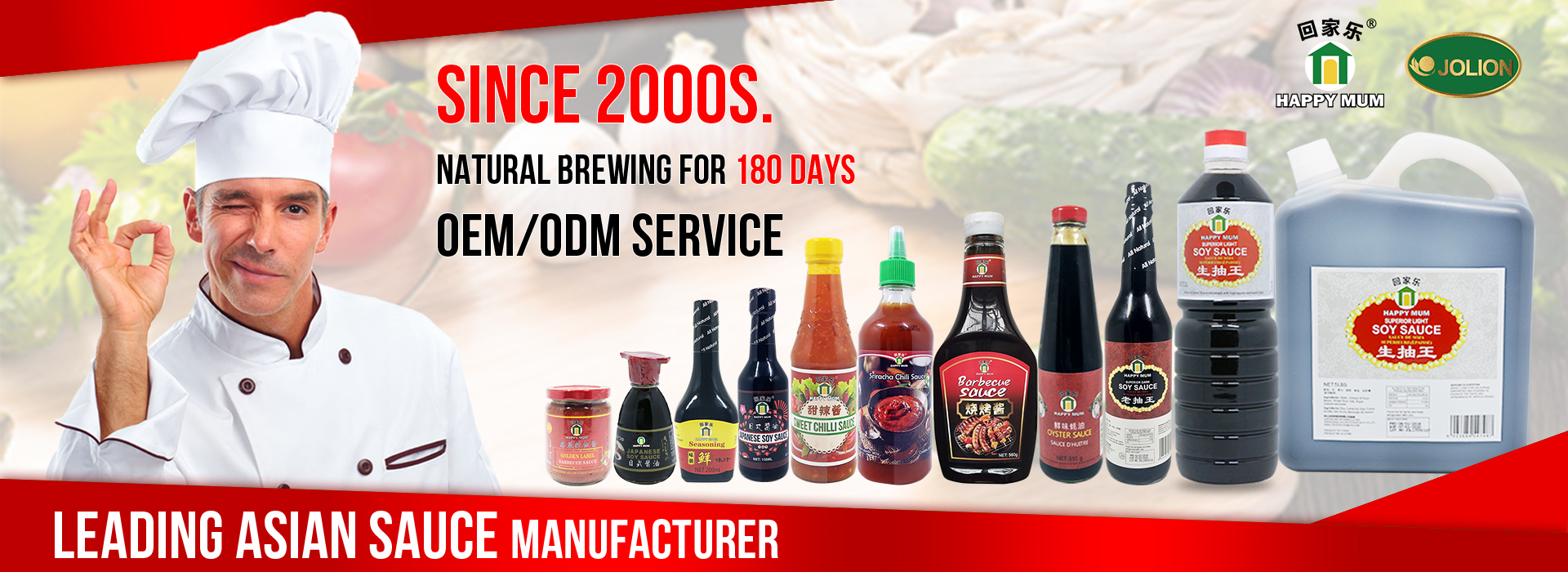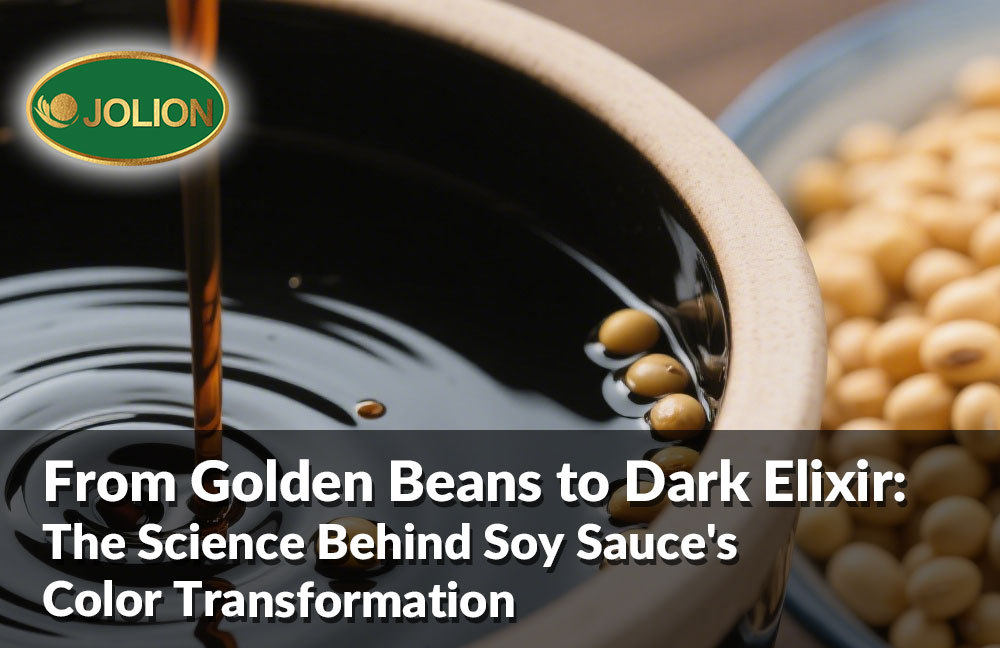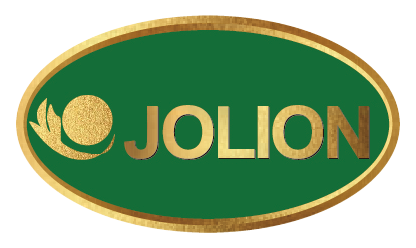
- Can I Put Sesame Oil on My Face?2026-02-04As the search for natural skincare solutions continues, many people are asking, "Can I put sesame oil on my face?" Sesame oil, derived from pure, selected sesame seeds, has been a staple in Asian cuisines for its rich flavor and health benefits.
- Can I Put Sesame Oil in Ramen?2026-02-04As culinary experimentation becomes more popular, many home cooks and chefs wonder, "Can I put sesame oil in ramen?" Sesame oil is a flavorful ingredient known for its rich, nutty taste, making it an excellent addition to many dishes.
- Can Diabetics Eat Sesame Oil?2026-02-04As health-conscious choices become increasingly important, many people wonder, "Can diabetics eat sesame oil?" Sesame oil has been a staple in various culinary traditions, especially in Asian cuisines, known for its rich flavor and numerous health benefits.
Amino Acid and Protein Content in Soy Sauce
Soy sauce, a staple condiment in global cuisine, is far more than just a flavor enhancer—it’s a product where nutritional and sensory quality are deeply tied to two key components: amino acid content and protein content. For consumers, chefs, and food businesses alike, understanding these metrics is critical to choosing a soy sauce that delivers on taste, nutrition, and authenticity. For manufacturers and distributors, prioritizing these values can set your product apart in a competitive market. Here’s a detailed look at why amino acids and proteins define great soy sauce—and how Jolion’s custom solutions can tailor this essential condiment to your specific market.

Why Amino Acid Content Is Non-Negotiable for Soy Sauce Quality
Amino acids are the building blocks of proteins, but in soy sauce, they play a starring role in both flavor and nutrition. During the traditional fermentation process (or controlled production for modern variants), soybeans and wheat (the core ingredients of soy sauce) break down, releasing amino acids—most notably glutamic acid. Glutamic acid is responsible for umami, the “fifth taste” that adds depth, savory richness, and complexity to dishes, from stir-fries to sushi.
Beyond flavor, amino acids are vital nutrients. Essential amino acids (those the human body can’t produce on its own) like lysine, methionine, and threonine are abundant in high-quality soy sauce, making it a subtle yet valuable source of nutrition in daily meals.
Industry standards further underscore the importance of amino acids. For example, premium “naturally brewed” soy sauces often have an amino acid nitrogen content of 1.2g/100mL or higher—a benchmark that signals thorough fermentation and superior taste. Lower amino acid levels, by contrast, typically indicate rushed production (e.g., chemical hydrolysis instead of natural fermentation) or low-quality ingredients, resulting in a flat, salty flavor with little umami.
Protein Content: The Foundation of Soy Sauce’s Nutritional and Sensory Value
Protein content is equally critical, as it directly influences the amino acid profile of soy sauce. Soybeans are naturally rich in plant-based protein (containing all nine essential amino acids), and during production, this protein is broken down into peptides and free amino acids— the compounds that create umami and contribute to nutrition.
A high protein content in the raw ingredients (soybeans) translates to a more nutrient-dense soy sauce. For health-conscious consumers—an increasingly large demographic globally—soy sauce with meaningful protein content aligns with their preference for functional foods (products that offer both taste and nutrition). Additionally, protein breakdown during fermentation generates other flavor compounds, such as alcohols and esters, which add layers of complexity to the sauce’s taste.
When evaluating soy sauce quality, protein content (often measured as total nitrogen) is a key indicator: higher nitrogen levels mean more protein, which means more amino acids and better flavor. This is why premium soy sauces often highlight their protein or nitrogen content on packaging.
The Challenge: Meeting Diverse Market Demands for Amino and Protein Profiles
Every market has unique needs when it comes to soy sauce. For example:
In health-focused markets (e.g., North America, Europe), consumers may prioritize higher amino acid (umami) content for flavor, paired with lower sodium—without sacrificing protein nutrition.
In traditional culinary markets (e.g., East Asia), authenticity reigns supreme: consumers expect soy sauce with high amino acid nitrogen (1.5g/100mL+) from long fermentation, paired with a robust protein profile.
In food service markets (e.g., restaurants, catering), consistency is key—along with a balance of amino acids that complements a wide range of dishes (from light salads to hearty meats).
Off-the-shelf soy sauces rarely meet these specific needs. They often use one-size-fits-all formulations that fail to align with local taste preferences, dietary trends, or regulatory requirements (e.g., organic, non-GMO, low-sodium standards). This is where custom soy sauce solutions become a game-changer—and where Jolion excels.
Jolion: Customize Soy Sauce to Your Market’s Exact Amino and Protein Needs
At Jolion, we understand that your market’s success depends on delivering soy sauce that resonates with local consumers. Our custom soy sauce service is designed to tailor every aspect of the product—including amino acid content and protein content—to your unique requirements. Here’s how we do it:
1. Tailored Amino Acid Profiles for Targeted Flavor
Whether your market craves intense umami (high glutamic acid) or a milder, more balanced taste, we adjust the fermentation process, ingredient ratios (soybean-to-wheat ratio), and aging time to achieve your desired amino acid profile. For example:
For markets seeking bold umami: We use a higher soybean ratio and extended fermentation to boost glutamic acid levels (up to 1.8g/100mL amino acid nitrogen).
For markets prioritizing subtlety: We fine-tune the process to reduce certain amino acids, creating a smoother, more versatile sauce.
2. Protein Optimization for Nutrition and Compliance
We work with you to set protein levels that align with your market’s dietary goals. Whether you need a high-protein soy sauce for health-focused consumers or a balanced profile for everyday use, we source premium, non-GMO soybeans (or organic options, if required) and control the breakdown process to ensure consistent protein content—all while meeting local regulatory standards (e.g., FDA, EU organic certifications).
3. Beyond Amino Acids and Proteins: Full Customization
Our service doesn’t stop at core nutrients. We also customize:
Sodium levels: Low-sodium, reduced-sodium, or traditional options.
Ingredients: Gluten-free (using rice instead of wheat), organic, or non-GMO.
Packaging: From small consumer bottles to bulk food service containers, branded to your specifications.
Certifications: Halal, Kosher, organic, or vegan—whatever your market requires.
Ready to Elevate Your Market with Custom Soy Sauce?
Your customers deserve soy sauce that’s made for them—one that delivers the perfect balance of amino acids for flavor, protein for nutrition, and characteristics that align with their preferences. Generic soy sauce can’t compete—but Jolion’s custom solutions can.
Whether you’re targeting a niche health market, a traditional culinary audience, or a large food service client, we’ll collaborate with you to create a soy sauce that stands out on shelves and satisfies consumers.
Contact Jolion today to discuss your market’s unique needs. Let’s craft a soy sauce that’s not just a condiment—but a driver of your success.
Start Your Seasoning Sauce Business by a Free Quote
GET FREE QUOTES
If you are interested in our services, let's have a try on the first project
